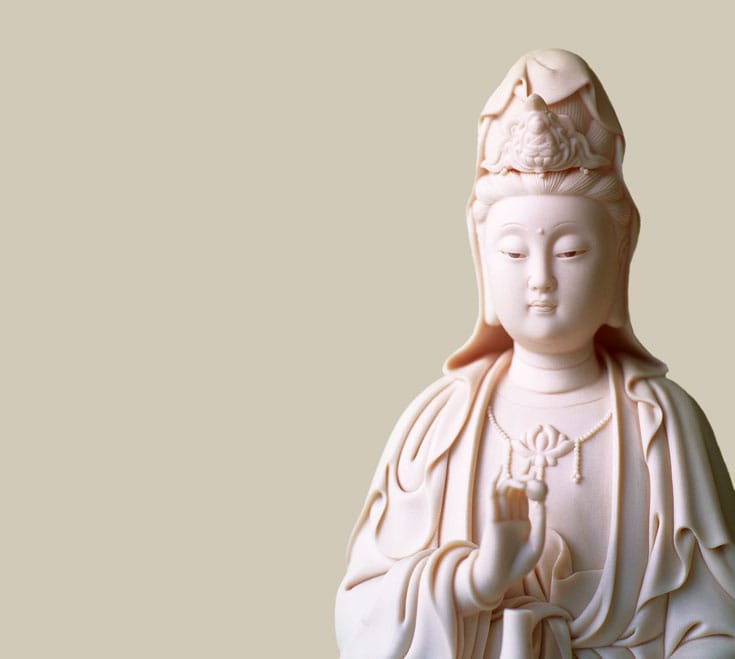Metta (Pali; in Sanskrit, it is Maitrī) means “loving-kindness.” What is loving-kindness? While we might think of it as a feeling of affection or benevolence, Buddhism teaches that metta is not just an emotion but a cultivated mental state in which our attention and concern are directed toward the happiness of others. This expands to a universal, unselfish, and all-embracing love for all beings.
True metta is without self-interest. As we cultivate metta, we turn our concern and attention away from ourselves and toward others. The practice of metta is an antidote to selfishness and anger. Metta is often paired with karuna, compassion. How do they differ? Karuna is the active, heartfelt concern for the suffering of others. These two mental states overlap and support each other.
The Metta Sutta
The Karaniya Metta Sutta, the Buddha’s sermon on metta, is one of the most beloved texts of the early Buddhist scriptures. In the Pali Canon it is found in the first section (Khuddakapatha) of the Khuddaka Nikaya. Sometimes it is just called the Metta Sutta, but there is another, and different, Metta Sutta in the Samyutta Nikaya, so take note of which one you are reading.
The Karaniya Metta Sutta is a brief text, but it is one of the most beautiful, and most frequently quoted, of the early Buddhist scriptures. In this sermon, the Buddha tells us to regard all beings in the same way that a mother regards her child, and to cultivate limitless goodwill for the entire cosmos.
The Brahmaviharas
Metta is the first of the four Brahmaviharas, or divine abodes. The four abodes are loving-kindness, compassion, sympathetic joy (joy for the good fortune of others), and equanimity (remaining serenely balanced; not being pulled into extremes). They are called the four abodes because they are the mental states in which an enlightened being resides.
Metta Meditation
Cultivating goodwill for the entire cosmos may seem overwhelming, but there is a meditation practice that will help. It might surprise you that metta meditation usually begins by offering loving-kindness to yourself. This may seem contradictory since metta is about concern for others, but people not at peace with themselves will struggle to offer peace to others.
After we start by offering loving-kindness to ourselves, we enlarge the circle of our concern to people we already care about and then to people we might regard with indifference. When ready, we offer metta to people who are difficult, and eventually to all beings.
Related Reading
A Practice for Developing Kindness Toward Yourself
Valerie Mason-John shares a meditation for cultivating a positive relationship with yourself, and, by extension, the world.
A Loving-Kindness Meditation to Heal Your Inner Child
Peggy Rowe Ward and Larry Ward on how to give the wounded child inside you the love and compassion they deserve.
Jack Kornfield’s Instructions for Metta Meditation
Jack Kornfield on beginning the time-honored, heart-opening practice of metta (loving-kindness) meditation.
Ajahn Brahm’s Instructions for Loving-Kindness Meditation
Buddhist monk Ajahn Brahm shares his personal approach to loving-kindness meditation, also known as metta.
Loving-Kindness: May All Beings Be Happy
Melvin Escobar teaches metta, a concentration practice to cultivate unconditional goodwill for all. In precarious times like these, it’s a way to listen to our hearts.
Loving-Kindness Meditation for All Beings & All Bodies
Metta meditation is healing and heart-opening. Arisika Razak leads us through the practice.
How to Practice Loving-Kindness
Joanna Hardy teaches us the famed Buddhist practice of metta – offering love to ourselves and others.
Metta (Loving-Kindness) Meditation for Kids
You’re never too young to practice loving-kindness. Gail Silver on how to teach metta to your kids.
Buddhism A–Z
Explore essential Buddhist terms, concepts, and traditions.









